The treatment of alkyl chlorides with aqueous KOH leads to the formation of alcohols but in the presence of alcoholic KOH, alkenes are major products. Explain.
In aqueous medium i.e., water, KOH will be completely dissociated to give OH− ions, they being a strong nucleophile, will bring about the substitution of alkyl halides to form alcohols. At the same time, the OH− ions will be highly hydrated also. they will not be able to abstract a proton (H+) from the β-carbon atom to form alkenes. in other words, in aqueous medium, OH− ions will behave as weak base and elimination leading to alkenes will not be feasible.
In alcoholic KOH, the solution will also contain ethoxide ions (C2H5O−) in addition to OH− ions. they being a stronger base than OH− ions, will abstract a H+ ion from the β-carbon atom giving alkene as the product as a result of dehydrohalogenation.
Topper's Solved these Questions
- BOOK - DINESH PUBLICATIONCHAPTER - HALOALKANES AND HALOARENESEXERCISE - Short Answer Type Questions33videos
HALOALKANES AND HALOARENES
- BOOK - DINESH PUBLICATIONCHAPTER - HALOALKANES AND HALOARENESEXERCISE - Long Answer type Question3videos
HALOALKANES AND HALOARENES
- BOOK - DINESH PUBLICATIONCHAPTER - HALOALKANES AND HALOARENESEXERCISE - Problem for practice44videos
HALOALKANES AND HALOARENES
- BOOK - DINESH PUBLICATIONCHAPTER - GENERAL PRINCIPLES AND PROCESSES OF ISOLATION OF ELEMENTS EXERCISE - Brain Storming Multiple Chocie Questions7videos
GENERAL PRINCIPLES AND PROCESSES OF ISOLATION OF ELEMENTS
- BOOK - DINESH PUBLICATIONCHAPTER - HYDROCARBONSEXERCISE - All Questions493videos
HYDROCARBONS
Similar Questions
The treatment of alkyl chlorides with aqueous KOH leads to the formation of alcohols but in the presence of alcoholic KOH, alkenes are major products. Explain.
View SolutionThe treatment of alkyl chloride with aqueous KOH leads to formation of alcohols but in the presence of alcoholic KOH, alkenes are major products. Explain.
View Solution
Knowledge Check
- Question 1 - Select One
Haloalkane in the presence of alcoholic KOH undergoes
AeliminationBpolymerizationCsubstitutionDdimerization - Question 2 - Select One
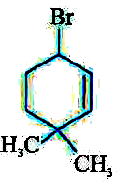 on treatment with aqueous KOHA
on treatment with aqueous KOHA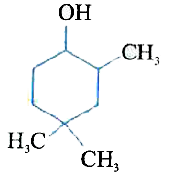 B
B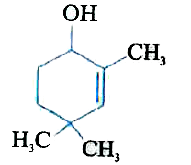 C
C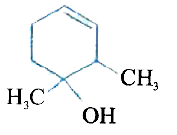 D
D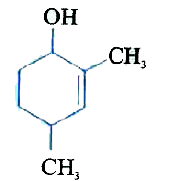
- Question 3 - Select One
2-Chlorobutane on treatment with alcoholic KOH/Δ gives major product :
A2-ButeneB1-ButeneC2-ButanolD1-Butyne
The treatment of alkyl chlorides with aqueous KOH leads to the formation of alcohols but in the presence of alcoholic KOH, alkenes are major products. Explain.
View Solutiona. The treatment of RX with aqueous KOH leads to the information of alcohols but in the presence of alcholic KOH or NaOH, alkenes are the major products. Expalin why.
b. CHF3 is less acidic than CHCl3. Explain.
c. Wurtz reaction in case of tert-alkyl halide fails. Explain.
d. Dipole moment of C6H5Cl is lower than that of C6H11Cl (cuclohexul choride). Expalin why.
e. Why should Grignard reagent be prepared under anthydrous conditions?
f. Why does p− dichlorobenzene have higher melting point and lower solubility than o− and m− isomers ?View SolutionThe reaction of chloroform with alcoholic KOH and p-toluidine form-
View SolutionThe reaction of chloroform with alcoholic KOH and p-toluidine forms:
View SolutionThe reaction of chloroform with alcoholic KOH and p-toluidine forms :
View Solution

